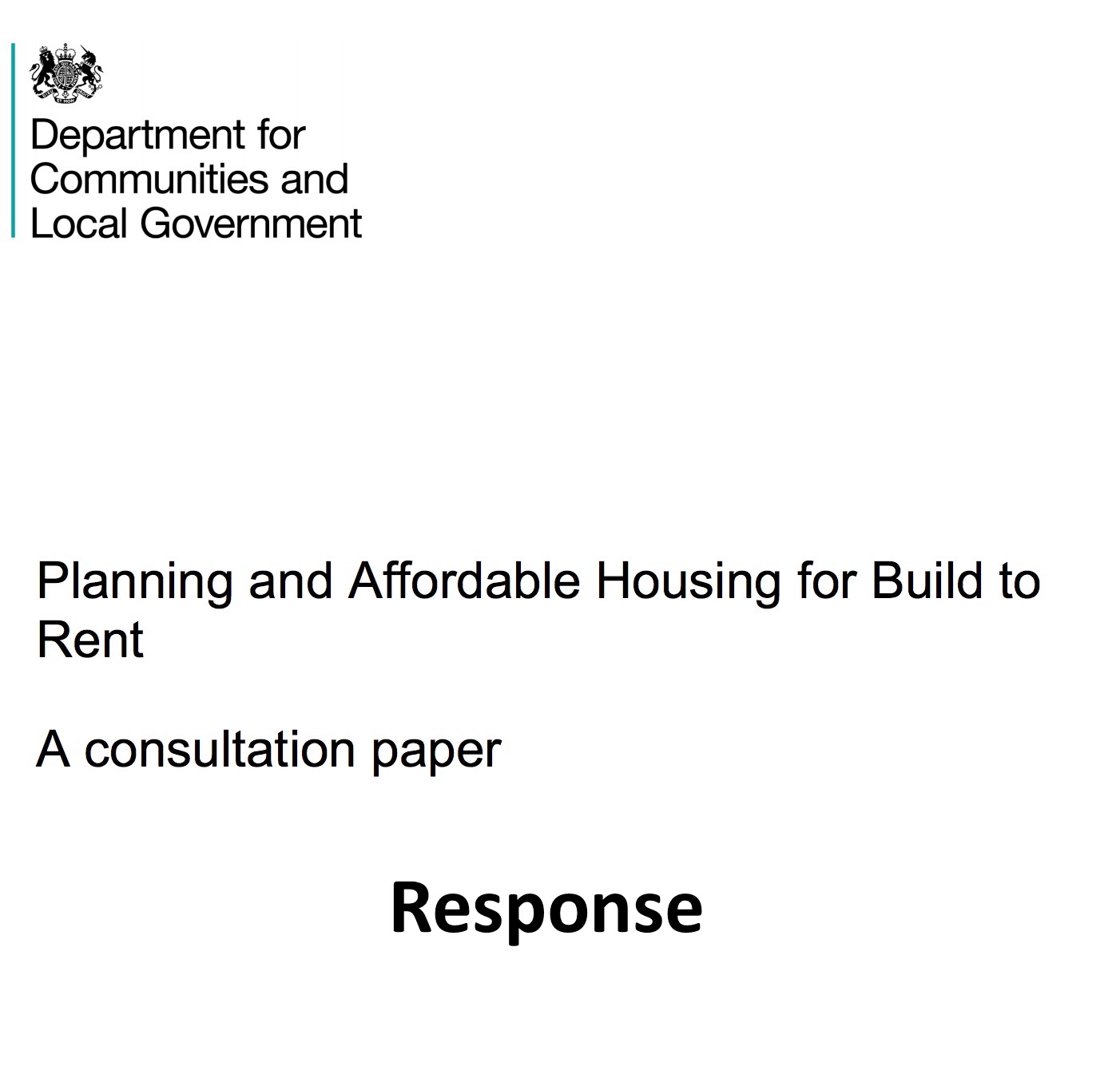Kath Scanlon, Christine Whitehead, and Peter Williams publish report clarifying the role of the private rented sector (PRS) in the UK and the contribution made to it by the Buy-to-Let subsector. It explores recent changes in government policy and how they might affect the PRS, and makes suggestions about the role the sector might be expected to play in the future.
Click below to access the full length report:
An excerpt from the report:
Conclusions
- In summary, private renting plays and will play a key role in the UK’s housing system. It keeps pressure on the home ownership sector by offering households a clear alternative whether for the short or long term. It also plays a role as an alternative to the provision of social housing.
- The continuing flow of regulatory and taxation changes being introduced and considered will slow the expansion of the PRS at a time when there are limited alternatives. However, on current trends demand for private renting is almost certainly going to continue to rise in both absolute and proportional terms. The key concern is whether there will be sufficient landlords to continue to meet the continuing growth in tenant demand. Any slowdown in the expansion in supply of privately rented housing arising from changes in taxation and regulation will put pressure on rents and household budgets.
- Even if institutional investors enthusiastically enter the market, individual landlords will remain dominant – as they are across Europe. Shrinking the sector therefore does not seem a sensible way forward given what we know about unmet demand and need.
- In an ideal world we could identify the goals of policy changes, establish a baseline and monitor outcomes to see if these goals were met. In this case however, the government’s goals are multiple and sometimes inconsistent and poor data make high quality monitoring difficult if not impossible. If we are to understand and manage the sector better, we need to improve the data as quickly as possible.






Private landlords play such a key roll in the Lettings market it’s hard to understand why tax policy to target them so punitively can be good for the Lettings market and tenants. Whilst I feel institutional are going to make an ever growing impact on the PRS an in particular in London, the concept remains relatively untested in the UK and there is nothing concrete to suggest the outcome would be more favourable for tenants than more private landlords. The vast majority of private landlords view their properties as long term investments for capital growth rather than short term income providers, regulation is key to drive out the minority of cowboys who give the sector a bad name.